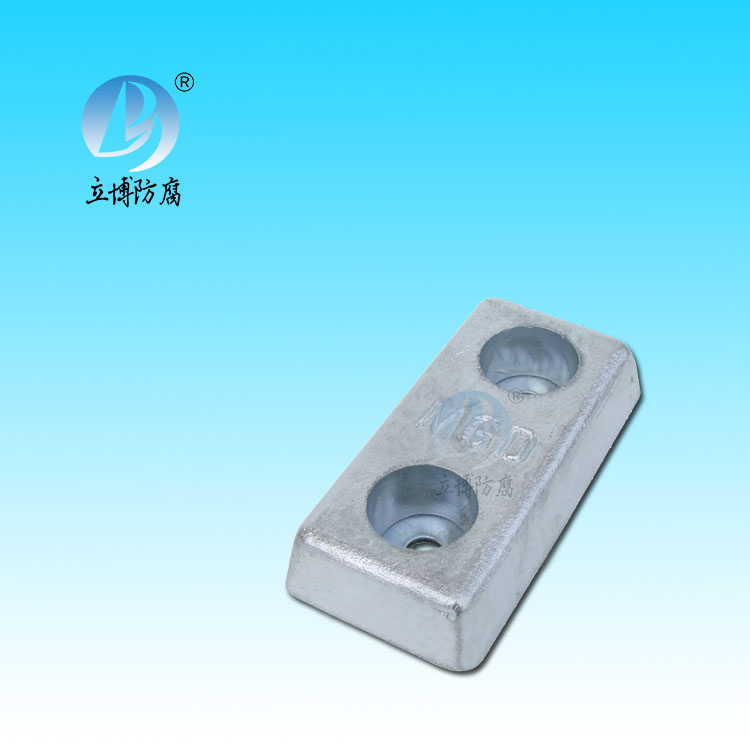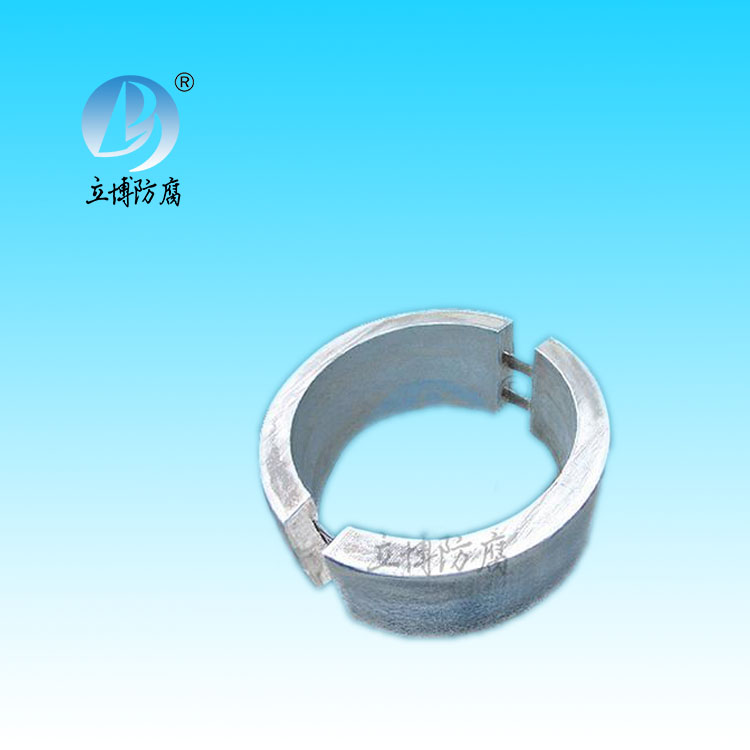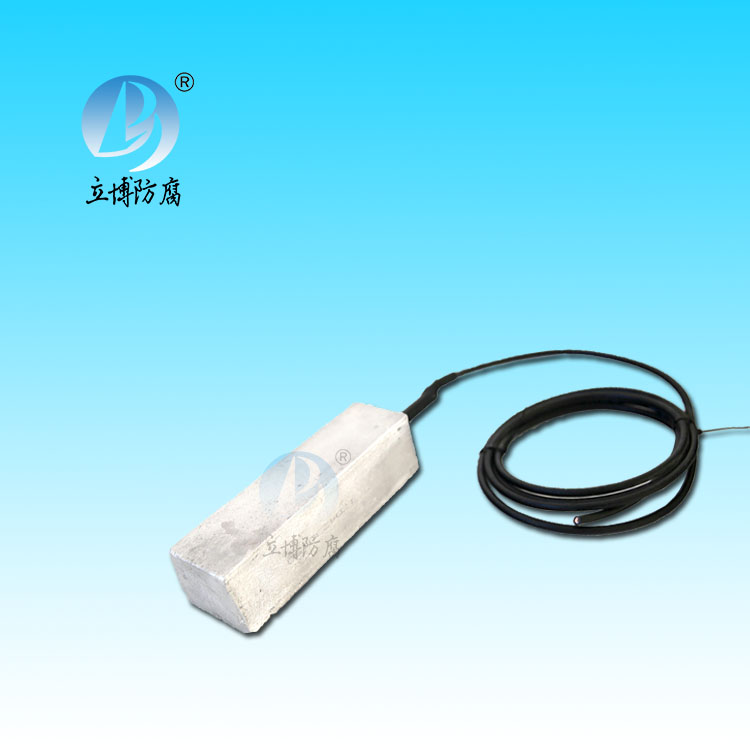News
News
- What is a sacrificial anode
- Basic requirements for reference...
- What does the reference electrode do...
- Why are zinc blocks attached to the ...
- What is the principle of impressed...
- What material does metal structure...
Contact
Phone:18739187123
hotline:0391-7588881
E-mail:970512272@qq.com
Address:Wuzhi County, Jiaozuo City, China
Industry News
Forced current protection
- Author:Libo
- Source:waskmauriceandnesanel.com
- Date:2021-06-11
- Click:0
Forced current protection methods are mainly used for internal protection of large storage tanks, especially where high initial current densities must be achieved (if activated carbon is used in filter tanks and in water tanks without internal cover). These protection devices can be basically divided into two categories: potential control and current control.
A potential-controlled device
This paper introduces the current protection equipment with potential control and the internal protection with potentiostat. Section. In these devices, the reference electrode is located in the most unfavorable position on the wall of the protected tank, and the remaining surface of the inner wall of the protected tank can be considered to be under cathodic protection if the protection criterion of equation is met.
Since the reference electrode is usually not equipped with a capillary probe, there is an error in the potential measurement obtained according to the equation.
About this, see section 3.3.1 of no IR drop potential measurement data, in the section on and off the power supply method after improvement can also be used on the protection of the current potential control equipment, with intermittent type potentiostat at short time interval timing shutoff protection current, power off time is only a few microseconds, the polarization time continuation of hundreds of microseconds.
During power outage, the non-IR drop measured with a protective current device is the actual potential and should be compared with the standard potential. The output protection current of the equipment should be adjusted so that the non-IR drop potential is consistent with the standard value. As a simplified scheme, the forced current auxiliary anode can also be used as a reference electrode during the power off phase, as one of the results of indicating the constant potential at that stage. This applies to noble metal plating (e.g., platinum-plated titanium TiPt) on lead-tin brass for valves, as oxygen is released during the power-on phase and a definite REDOX system is established in accordance with Formula (7-1). There is an ohm voltage drop equivalent to Equation (2-34) at the instant after power-off and power-off, which is represented by the dashed line in the figure. During the first 50μs after power-off, significant depolarization of the electrodes can be seen. However, for the next 50μs, the potential remains constant. During this period, the potential can be used as a reference electrode, and the high depolarization not permitted by this tank (steel-water system) is not expected to occur for 100μs after the power is turned off, according to the data in section 3.3.1. Therefore, the intermittent potentiostat running time diagram shown in Figure 20-5 is suitable for internal cathodic protection.
The use of a single reference electrode in a protected storage tank, in which the potential of the inner wall of the tank can only be measured near this point and not at a longer distance, can be further explained by the combination of Equation 3.3.1 (3-27). To improve the current and potential distribution, the number and position of anodes must correspond to the geometry of the protected tank. Occasionally, additional reference electrodes are required for potential control. The optimal nominal potential of potential control can be found by this method when the IR drop error is taken into account at a distance.
If a protected tank does not have an inner covering, a uniform current and potential distribution is generally not expected, and the covering can significantly improve this distribution. In the enamel tank, the current and potential distribution of the cathodic protection is very good. With the anode positioned in the center, the IR drop error caused by the current balance during the power shutdown is negligible. The information on potential control in Figure 20-5 can be used to evaluate the anode potential during the power off phase. Therefore, the entire surface of the protected tank can be fully protected. Only large tanks with a volume greater than 2㎡ are necessary to fit several anodes.
In general, potential control as performed in this technique generally allows the most precise and stable maintenance of the potential of the protected tank and the ability to recalculate the protective current requirements (e.g., through the formation of a surface film or the increase of a coating defect). Therefore, it is not possible for equation (2-19) to occur with an increase in hydrogen evolution accompanying overprotection, which is particularly important in the case of internal protection.
A device that controls current according to water level
In some cases, it is very convenient to control the protection current according to the water level, which is mainly the water tank that supplies a small amount of fresh water irregularly (such as the water storage tank for fire fighting device), otherwise, when it is still, the constant protection current will precipitate hydrogen according to formula (2-19) after oxygen reduction occurs at the cathode. In this case, it is advisable to use contact water meter as pulse generator for current control to limit hydrogen evolution.







 客服QQ
客服QQ